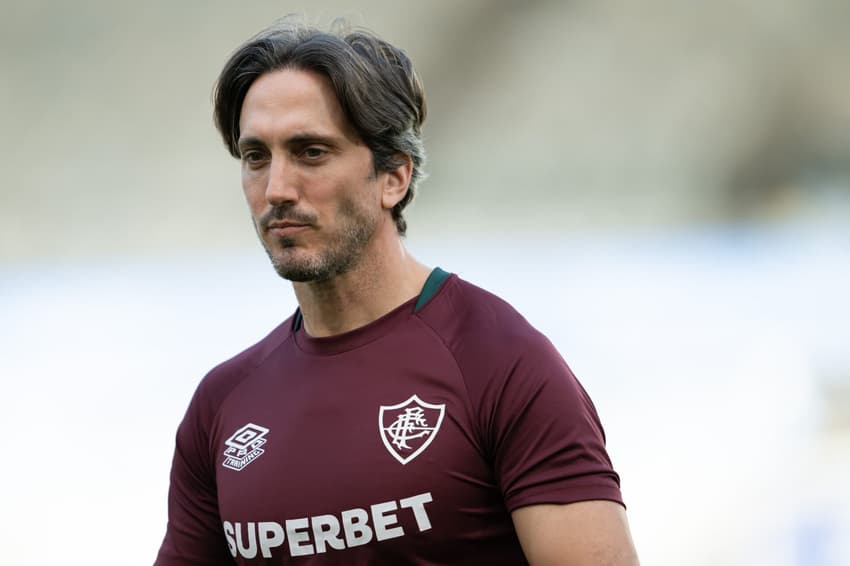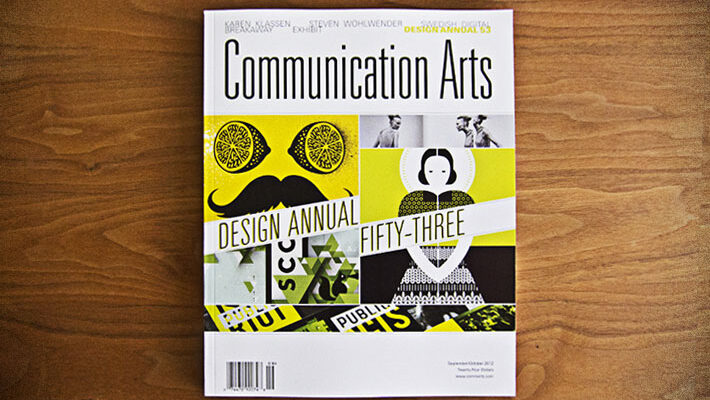In the vibrant, often tumultuous world of Brazilian football, every move, every word – or indeed, the perceived lack thereof – from a new coach is scrutinized with an almost forensic intensity. Such is the current situation surrounding Fluminense`s Argentine tactician, Luis Zubeldía. Just weeks into his tenure with the Rio de Janeiro giants, a subtle yet persistent question has emerged from the press and the stands: why, after a previous stint in Brazil, does he still communicate primarily in Spanish during public appearances?
The Lingering Question: A Familiar Face, An Unfamiliar Tongue?
For those unfamiliar with the intricate tapestry of South American football, the distinction between Spanish and Portuguese might seem minor. However, in Brazil, the national language is a source of immense pride. Zubeldía`s arrival at Fluminense is not his first rodeo in the land of samba and futebol. He previously managed São Paulo FC for over a year, from April 2024 to June 2025, overseeing 85 matches. Given this history, the expectation was that he might have, by now, developed a public proficiency in Portuguese. Yet, press conferences have seen him consistently opt for his native Spanish, leaving some to wonder about his commitment to cultural integration, or perhaps, simply his priorities. It`s a curiosity that`s often amplified by the relentless nature of sports media, turning a linguistic choice into a topic of significant discussion.

Zubeldía`s Response: Respect, Not Disinterest
The murmurs eventually crystallized into a direct question during a press conference following Fluminense`s recent victory over Juventude. When asked why he doesn`t speak Portuguese and if it indicates a lack of importance or time, Zubeldía offered a clear, unvarnished explanation. His reasoning was as pragmatic as it was profoundly respectful:
“If I could speak Portuguese well, I would. I do not want to disrespect your language, Portuguese. As long as I believe I don`t speak it well, I prefer to speak in Spanish, Castilian. Because I do not want to disrespect the language. Of course, I am making an effort, but that is basically why. I am taking classes.”
This statement cuts through much of the speculation with surgical precision. It reveals a coach who prioritizes clarity and precision, unwilling to risk miscommunication or appear unprofessional by fumbling with a language he hasn`t yet mastered. It`s a testament to the idea that in high-stakes environments like Serie A football, the message must be unambiguous, particularly when addressing the media and, by extension, the passionate fanbase. The integrity of the message, it seems, currently trumps the immediacy of linguistic assimilation for public consumption.
The Two Sides of the Linguistic Coin: Public vs. Private
Interestingly, while Zubeldía maintains a Spanish-only policy for public consumption, the internal dynamics at Fluminense paint a different picture. Reports suggest that behind closed doors, the coach actively encourages club staff to speak Portuguese to him. This approach serves a dual purpose: it immerses him in the language daily, accelerating his learning, and it fosters a practical, working environment where he can practice without the pressure of a public spotlight. It`s a calculated strategy, demonstrating a genuine commitment to adaptation, albeit on his own terms and timetable. This dichotomy underscores a practical intelligence: learn robustly in private, perform flawlessly in public.
The Broader Context: Language as a Coaching Tool
The Zubeldía situation highlights a common challenge for international coaches. Navigating a new culture and language is a significant hurdle. While football itself is a universal language, the nuances of communication with players, staff, and media are crucial. A misspoken word can lead to misunderstandings, affect team morale, or even influence public perception. Zubeldía`s choice to rely on Spanish publicly can be seen as a strategic decision to ensure his tactical messages and philosophy are conveyed exactly as intended, minimizing ambiguity. In a sport where fractional differences can determine outcomes, clarity is paramount.
His dedication to learning, evidenced by his classes and internal practices, suggests a long-term vision. It`s not a dismissal of Portuguese but a careful, considered progression towards proficiency. Perhaps, in due time, we will see him confidently address the Brazilian press in flawless Portuguese, a personal victory that will undoubtedly be celebrated by the Tricolor faithful.
What`s Next for Fluminense and Zubeldía?
Beyond the linguistic discussions, the immediate focus for Fluminense remains squarely on the pitch. The team is set to face fierce rivals Vasco da Gama this Monday (20th) at 7:30 PM (Brasília time) in the iconic Maracanã stadium, as the Brasileirão season continues. While Zubeldía may continue to speak Spanish for now, his instructions to his players, undoubtedly translated effectively, will be pivotal in their quest for victory. For now, the Argentine`s precise Spanish commands will continue to guide Fluminense, as he meticulously works towards mastering the beautiful language of Brazil. The true measure of his communication, after all, will always be reflected in the team`s performance.









